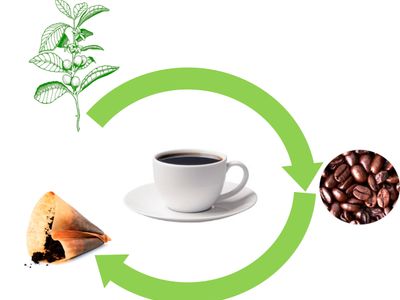The course aims to train student's ability to analyse processes within the industrial and academic biotechnology sector, from a holistic perspective. Students will acquire fundamental knowledge regarding system analysis as well as its use to prioritize, rank and select sustainable solutions. Proficiency regarding how to evaluate biotechnological processes from a sustainability perspective will be trained through hands-on use of mathematical and statistical models. During the course students will acquire knowledge on different life cycle assessment methods and how to select appropriate tools to analyse processes for production of biotechnological products and services. A project will be performed to gain understanding of multifaceted aspects influencing systems and the complexity of analysing processes from a system perspective. Life cycle assessment will be performed for production of a given product to evaluate and contrast sustainability of biotechnological and traditional processes. The project will also train students ability to communicate, discuss and argument for assumptions enabling life cycle assessment, obtained results as well as critically assess the outcomes.
BB2570 System Analysis and Life Cycle Assessment 7.5 credits

Information per course offering
Information for Autumn 2026 Start 26 Oct 2026 programme students
- Course location
AlbaNova
- Duration
- 26 Oct 2026 - 11 Jan 2027
- Periods
Autumn 2026: P2 (7.5 hp)
- Pace of study
50%
- Application code
10044
- Form of study
Normal Daytime
- Language of instruction
English
- Course memo
- Course memo is not published
- Number of places
Places are not limited
- Target group
- No information inserted
- Planned modular schedule
- [object Object]
- Schedule
- Schedule is not published
Contact
Course syllabus as PDF
Please note: all information from the Course syllabus is available on this page in an accessible format.
Course syllabus BB2570 (Autumn 2024–)Content and learning outcomes
Course contents
Intended learning outcomes
After the course students should be able to:
- Know and understand fundamental principles of systems analysis and life cycle assessment (TEN1)
- Describe and understand life cycle assessment tools, their applicability and limitations (TEN1)
- Apply life cycle assessment tools and methods to evaluate sustainability of biotechnological processes (PRO1)
- Identify stakeholders and recognise factors that influence sustainability of processes and use life cycle assessment tools to evaluate and compare the processes (PRO1, TEN1)
- Communicate and discuss results and describe societal, financial and ethical influences on sustainability (PRO1)
Literature and preparations
Specific prerequisites
Completeted degree project 15 ECTS, 20 ECTS in life sciences (biochemistry, microbiology and gene technology/molecular biology); 20 ECTS in chemistry; English B/6.
Literature
Examination and completion
Grading scale
Examination
- PRO1 - Project, 3.5 credits, grading scale: P, F
- TEN1 - Written home exam, 4.0 credits, grading scale: A, B, C, D, E, FX, F
Based on recommendation from KTH’s coordinator for disabilities, the examiner will decide how to adapt an examination for students with documented disability.
The examiner may apply another examination format when re-examining individual students.
If the course is discontinued, students may request to be examined during the following two academic years.
The examiner may apply another examination format when re-examining individual students.
The examination is based on a written examination and a project work. The project work includes participation in mandatory workshops, seminars and written project report.
Requirement for final grade is approved written examination and approved project.
Examiner
Ethical approach
- All members of a group are responsible for the group's work.
- In any assessment, every student shall honestly disclose any help received and sources used.
- In an oral assessment, every student shall be able to present and answer questions about the entire assignment and solution.